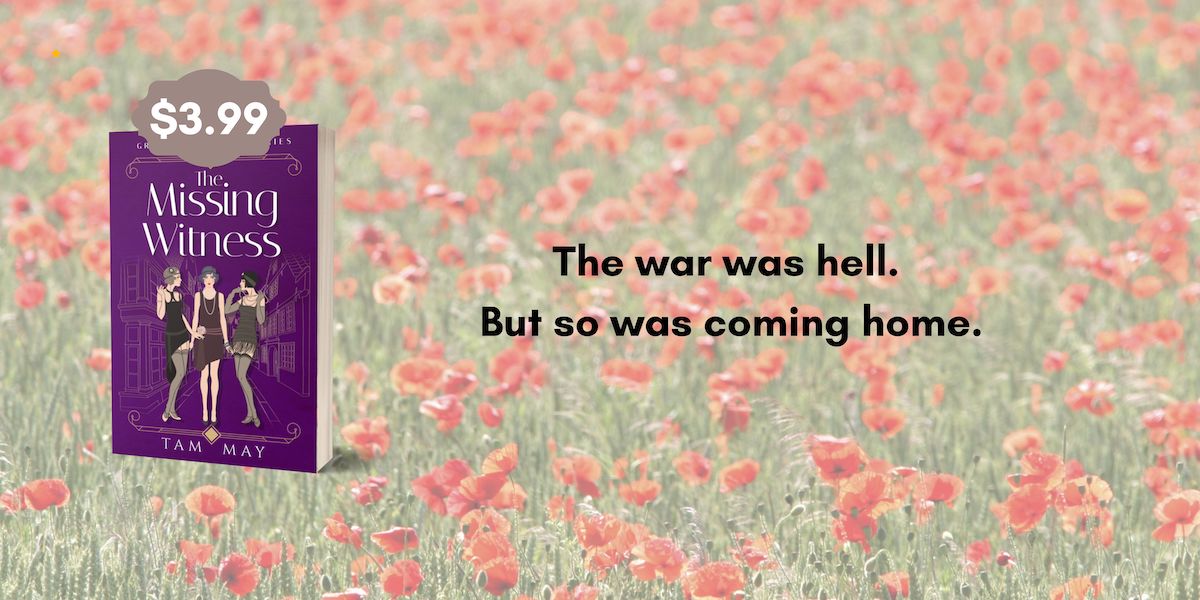
Photo Credit: The Bookworm, Carl Spitzweg, 1850, oil on canvas, Museum Georg Schafer, Bavaria, Germany: Iryna Harpy/Wikimedia Commons/PD Art (PD Old 70)
I’ve been working on Book 2 of the Waxwood Series this entire month very intensively with the help of Camp NaNoWriMo. This book goes into some unfamiliar territory for me in many ways. The story takes Jake (the Alderdice family son and new patriarch) through his coming-of-age and, in the process, he has to come to terms with who he will become in the shadow of family lies and half truths, as a person and as a man. Over the years, I’ve done a lot of reading and research on women in the 19th century because of my interest in women’s fiction and women’s history. Gender roles and gender politics in the past (and present) have always interested me. But until I began writing this book, I hadn’t really delved into the psychological realities of men or masculinity in the Gilded Age.
Many writers do some kind of research for their books. Even contemporary authors often need to research experiences in life of which they have no first-hand knowledge. This could be anything from what a five-year-old will and will not eat (if you’re like me, with no kids and not much exposure to young kids) to the ins and outs of a career as a registered nurse. Historical authors have the added burden of researching the past, and this isn’t always in the form of its main events (like the Civil War or the signing of the Declaration of Independence). Historical research could be as minor as how people stored meat in the 17th century (if they did at all) or as obscure as whether French women were involved in the suffragist movement in France in the 1890’s (yes, I had to research this). And research isn’t needed for just a major plot twist or main character, either. My search for women’s suffragism in France was for a comment made by a minor character about a French opera singer she had just met.
There is no hard-and-fast rule about researching for authors, and every author finds his or her own comfort zone. Some authors prefer researching everything down to the last detail before they begin that first draft. Others prefer to get the story down without worrying about historically accurate details until they finish the book, and then they go back and “fill in the blanks”. And many others do a combination of both.
I research certain aspects of a book before I begin the first draft, usually once I have my outline down, and I know where the story and characters are going. Some details I already know from previous books I’ve written. For example, death and mourning play a small role in Tales of Actaeon (Waxwood Series, Book 2). I researched rather extensively these very specific and elaborate practices in the 19th century when I wrote Book 1, The Specter. So there was much I knew already before I started Tales. Other details I know little or nothing about but make a great impact on the book, so I prefer to research them before I start. A group of college-aged young men appear in Tales, and I knew very little about college life in the Gilded Age, so I did some research before I started the first draft.
But even with an outline, my first drafts often take on a life of their own. It’s not uncommon for me to be working on the draft and then realize the direction in which I’ve been going isn’t giving me what I want for the book. I’ll mull over this and at some point, a better vision of where the book needs to go will appear to me (usually at about 3 o’clock in the morning…), and I’ll find myself making new chapter notes and sometimes rewriting previous key chapters or scenes I need in order to continue with the story.
In this way, research will take an unpredictable path. There are many small details I find myself needing to know as I write the story because they come up unexpectedly in the creative process. The French suffragist was one of these in Tales. Another one was burlesque houses. As I was writing, an idea for a scene with the college-aged boys I mention above taking Jake to a burlesque house in another town. I had no idea what sort of atmosphere there would be there, what the shows would be like, what the performance schedule would be like, and what sort of costumes or dress the performers would have. I found myself taking all day to research these things for the chapter I had to write so I could feel confident in writing with the emotions of the scene and relate it to Jake’s overall quest, the main focus of the book.
So doing research can be like the old paradox of the chicken and the egg — do you research first and then write or can you only research once you start writing because you don’t know what you’ll be researching until you write? For me, it’s a combination of both.
To read more about Tales of Actaeon, check out this page.
If you’d like to purchase a copy of Book 1 of the Waxwood Series, The Specter, you can do that here.
And for more about the Waxwood series, I have a page on my website here.

